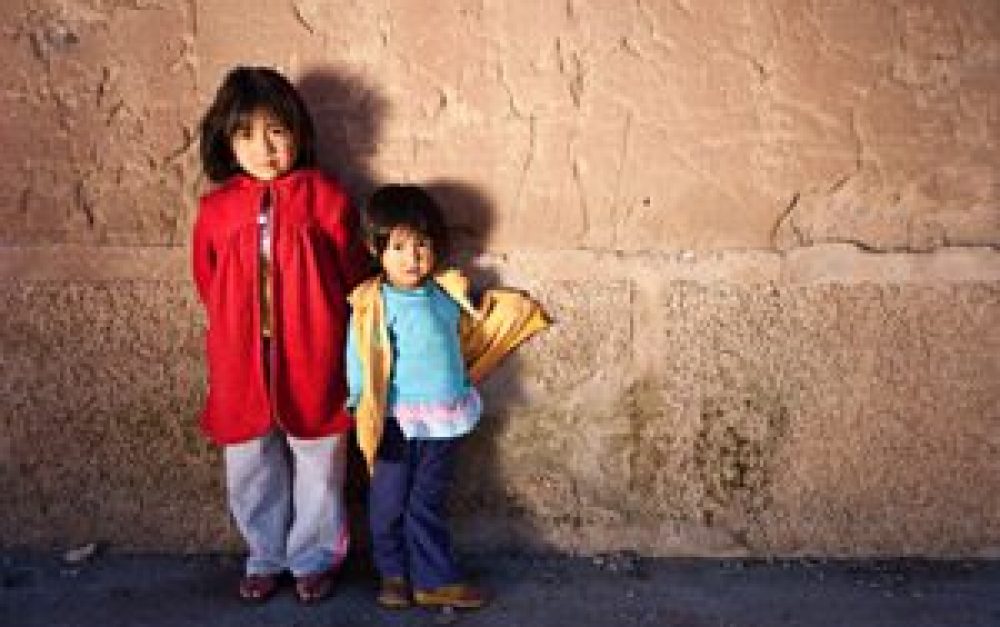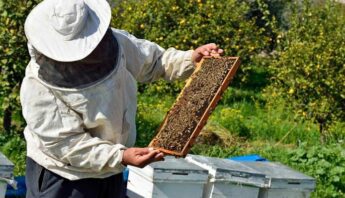Last week in Peru 90 people were poisoned and at least three children died from donated food contaminated with pesticides. A horrifying example of the on-the-ground consequences of broken policy.
If only this were an isolated incident. But the reality is, tragedies like this happen because the rules on pesticides just don't work. Not in the U.S., and not in many countries around the world.
The consequences of our broken policies are tragically unfair, and offer another blatant reminder: the chemicals that cause irrevocable disease and harm to our health and ecosystems must be pulled off the market. Period. At the same time we have to find the will to invest in safe and common sense alternatives, and the courage to stop propping up the chemical industry's solutions.
Last week's pesticide incident hearkened back to the 1999 Tauccamarca tragedy, where 24 children died after drinking milk contaminated with pesticides. Over a decade later, the images still haunt: families carrying their children out of school as they learned that they were getting sick, rushing them to the nearest health clinic for help, and losing them one by one.
Earlier this month in Ottawa, I had the opportunity to talk with the Director of the pesticides division within Peru's National Service of Agrarian Health. We shared words of despair over the Tauccamarca case, and could not have imagined another pesticide tragedy so soon upon his return. In his words, key pesticide problems in the Andean Region are:
- Use of highly toxic pesticides;
- Limited knowledge in the management and use of pesticides; and
- Problems in disposal of used packaging and obsolete pesticides.
These problems were affirmed and amplified by government officials from many countries around the world. Pesticides remain a global problem.
For our part, PAN International is working with the Food and Agriculture Organization on a progressive ban of highly hazardous pesticides in all countries. From on-the-ground experience in all five regional centers of our global network, we know that all these pesticides cause irrevocable harm on the ground, and that better solutions exist.
To take action on a hazardous pesticide in the U.S., join us here. And for those of you who speak Spanish, learn more from the PAN Latin America network here.







